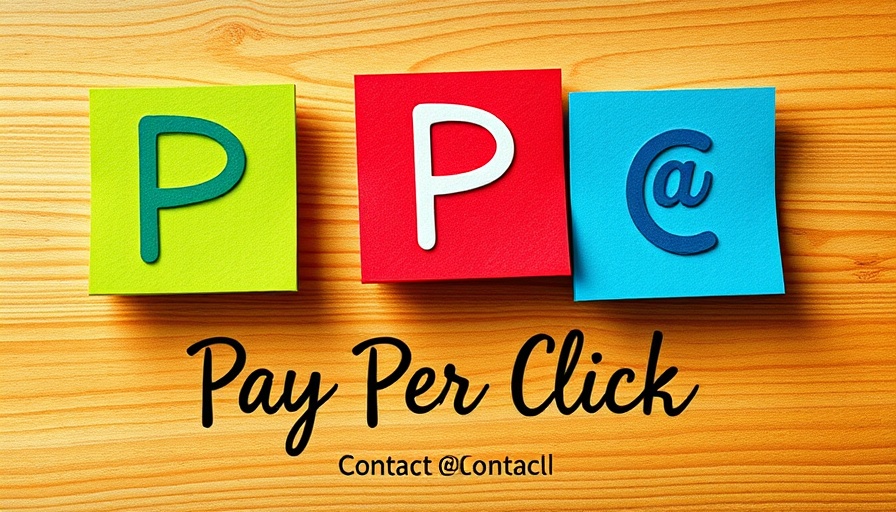
Building a 24-Hour Economy: The Role of Freelancing and Digital Marketing
Ghana is on the path to establishing a comprehensive 24-hour economy, but there's a significant, often overlooked area that deserves attention: the digital marketing and freelance sectors. For a true transformation that includes all facets of economic growth, incorporating the gig economy is not just an option; it's a necessity.
Unleashing Potential in the Digital Sphere
As stated by Samuel Kwame Boadu, founder of SamBoad Business Group Ltd, the ongoing evolution in Ghana led to a growing cadre of freelancers and digital professionals. Some young Ghanaians are working late into the night to meet the demands of clients across global time zones—from midnight marketing strategies for American clients to digital design projects for businesses in Dubai. Despite their contributions, these jobs remain largely invisible in government policy.
Why Digital Employment Matters
A thriving 24-hour economy isn’t just about manufacturing and standard business hours; it involves tapping into all forms of contemporary employment. Digital marketing and freelancing represent low-barrier entry points needing minimal financial investment yet they deliver significant income potential. An effective 24-hour economy should integrate these roles to ensure that every active industry, regardless of its operating hours, has the digital expertise it requires.
Real-World Examples of Digital Contributions
Consider the implications for a retail shop that decides to extend its hours of operation. To attract and retain customers in the digital age, marketing strategies are essential—strategies that may include social media outreach, SEO campaigns, and engaging content creation. This drives home the point that even industries that appear traditional in nature need digital marketing professionals to remain competitive.
Youth Engagement: The Need for Institutional Support
With a digitally native youth population, Ghana stands at a pivotal moment—many young individuals are already utilizing platforms like Upwork and Fiverr to generate income. The key question now is: what if this informal sector was endorsed and formalized by the government? Potential strategies could include:
- Tax incentives for certified digital freelancers
- Establishing late-night co-working spaces equipped with subsidized internet access
- Incorporating digital marketing education into existing governmental training programs
- Collaborating with tech hubs to position Ghana as a top destination for digital outsourcing
If implemented, these initiatives could drastically elevate the market, enabling Ghana to leverage its talent pool through digital avenues.
Economic Strategy: A Long Overdue Shift
Beyond being a matter of policy, integrating freelancers and digital marketing into Ghana’s economic strategy could vastly expand opportunities and promote sustainable employment growth. Acknowledging the significance of this sector positions Ghana as a competitive player in the global digital arena.
Looking Ahead: The Future of Ghana's Economy
In conclusion, fostering a robust freelance and digital marketing ecosystem should be a top priority for Ghana’s transition to a 24-hour economy. The potential for job creation and economic growth in this space is immense and is crucial for accommodating the increasing youth population. It’s time for policymakers to take action and recognize the importance of these modern employment models, integrating them into the broader economic framework. The future is digital, and Ghana’s strategy must reflect that reality.
 Add Row
Add Row  Add
Add 




Write A Comment